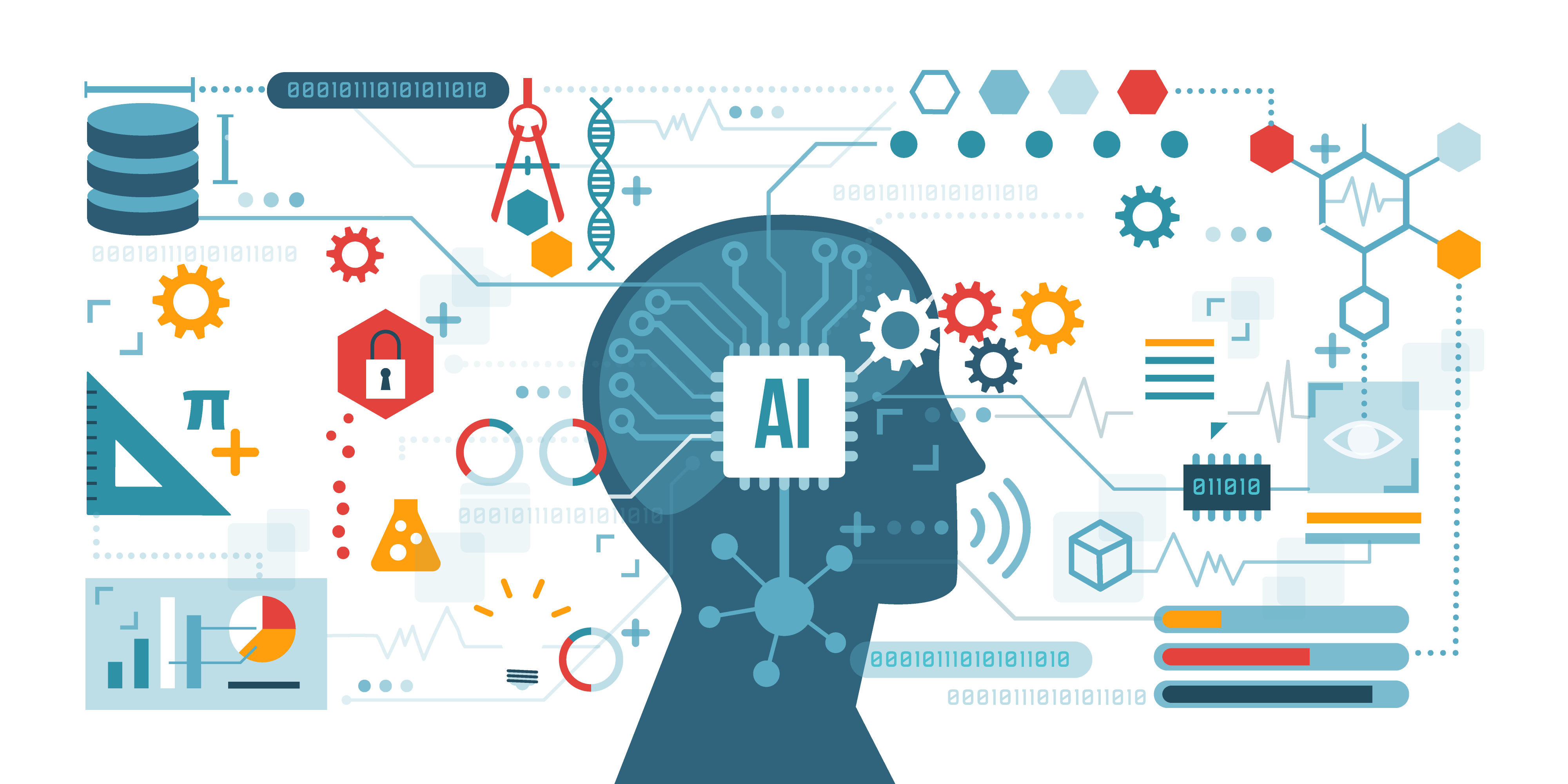Artificial Intelligence, or AI, is a rapidly growing field that has been changing the way we live and work. From self-driving cars to personal assistants like Siri and Alexa, AI is everywhere around us. And as AI continues to develop and become more integrated into our daily lives, the benefits of learning AI become more apparent. In this article, we will explore how learning AI can improve your life and career.
Table of Contents
- Introduction
- Understanding AI
- AI and Career Opportunities
- AI and Personal Development
- AI in Everyday Life
- AI and the Future
- Conclusion
- FAQs
Introduction
AI is a branch of computer science that focuses on the development of machines that can think and learn like humans. It involves the creation of intelligent machines that can process large amounts of data and make decisions based on that data. AI has the potential to revolutionize many industries, from healthcare to finance to entertainment.
Understanding AI
AI is a complex field that involves a combination of computer science, mathematics, and statistics. There are many different types of AI, including machine learning, natural language processing, and robotics. Machine learning is a subset of AI that involves teaching machines to learn from data without being explicitly programmed. Natural language processing is a type of AI that enables machines to understand and interpret human language. Robotics is an AI field that focuses on creating intelligent machines that can perform physical tasks.
AI and Career Opportunities
As AI continues to develop, there is a growing demand for professionals with AI skills. According to a report by Burning Glass Technologies, AI-related job postings have increased by 74% annually in the United States. Some of the most in-demand AI jobs include data scientists, machine learning engineers, and AI researchers. Learning AI can also be beneficial for professionals in other fields, such as healthcare and finance, as it can help them make more informed decisions and improve patient outcomes.
AI and Personal Development
Learning AI can also be beneficial for personal development. It can help individuals improve their problem-solving skills, as well as their ability to analyze and interpret data. Additionally, learning AI can be a way to stay ahead of the curve and remain competitive in today's job market. Many online courses and resources are available for individuals who want to learn AI, making it easier than ever to get started.
AI in Everyday Life
AI is already being used in many aspects of our everyday lives. Personal assistants like Siri and Alexa use natural language processing to understand and interpret human speech. Self-driving cars use machine learning to navigate and make decisions on the road. AI is also being used in healthcare to improve patient outcomes, and in finance to identify and prevent fraud.
AI and the Future
As AI continues to develop, it has the potential to revolutionize many industries and change the way we live and work. It is likely that AI will become even more integrated into our daily lives in the future, and that there will be a growing demand for professionals with AI skills. However, there are also concerns about the impact of AI on jobs and society as a whole, and it is important to consider these issues as AI continues to develop.
Conclusion
Learning AI can be a valuable investment for both your career and personal development. It can open up new career opportunities and help you stay competitive in today's job market. Additionally, it can help you improve your problem-solving skills and stay ahead of the curve. As AI continues to develop, it is likely that it will become even more integrated into our daily lives, and that there will be a growing demand for professionals with AI skills.
FAQs
- What is AI, and how does it work? Artificial Intelligence (AI) refers to the ability of machines to perform tasks that typically require human intelligence, such as learning, problem-solving, decision making, and perception. AI works by using algorithms to analyze and interpret data, identify patterns and relationships, and make decisions based on that analysis.
What are some examples of AI in everyday life? AI is already being used in many aspects of our everyday lives, such as personal assistants like Siri and Alexa, self-driving cars, and recommendation algorithms used by companies like Netflix and Amazon.
What career opportunities are available in AI? Some of the most in-demand AI jobs include data scientists, machine learning engineers, and AI researchers. However, AI skills are becoming increasingly valuable across many industries, including healthcare, finance, and entertainment.
Is learning AI difficult? AI is a complex field that requires a combination of computer science, mathematics, and statistics. However, there are many online courses and resources available for individuals who want to learn AI, making it easier than ever to get started.
What are the potential risks associated with AI? There are concerns about the impact of AI on jobs and society as a whole, as well as issues related to privacy and security. It is important to consider these risks as AI continues to develop.
In conclusion, learning AI can have many benefits for both your career and personal development. It can open up new career opportunities, help you stay competitive in today's job market, and improve your problem-solving skills. Additionally, AI is already being used in many aspects of our everyday lives, and it is likely that it will become even more integrated into our daily lives in the future. As AI continues to develop, it is important to consider the potential risks and implications for society as a whole. Overall, learning AI can be a valuable investment in your future.

